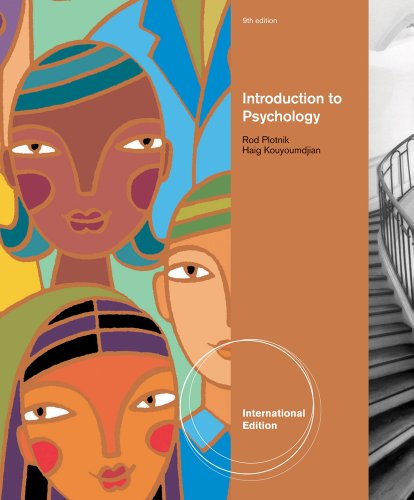

These theories form the bedrock of our disciple upon which new research is laid upon. For example, Freud's Personality Theory or Zimbardo's Social Psychological contributions. There are topical areas in psychology that are ubiquitous to the field. Topical areas are presented in an unbiased, factual manner however, the exercises on critical thinking provide the student an opportunity to think more "contextually" about the information presented. I find that the text content provides an accurate portrayal of the field. For professors who want to be more indulgent in the content, the author provides a section on "exercises and critical thinking." The questions posed appear to be sufficiently provocative and relevant. The content area named "key takeaways" give the reader a nice annotated summary of important topical areas. Additionally, the learning objectives at the beginning of the chapter give a clear roadmap to the reader. In particular, I appreciated this author's approach to human development, which tends to be a content heavy area. This text sufficiently covers the subfields in psychology, without bogging down the reader in the intricacies of our discipline. The author's approach to relevant topical areas is an overarching one.

Hence, this text seems to be a good selection for this type of student. Since most of our students are not psychology majors, texts oriented towards giving a student an adequate primer of the field are preferred. Reviewed by Linda Freeman, Professor of Psychology, Valencia College on 6/1/20Īt our learning institution, the preponderance of our students select General Psychology in order to fulfill their general education requirement. Journalism, Media Studies & Communications +.


 0 kommentar(er)
0 kommentar(er)
